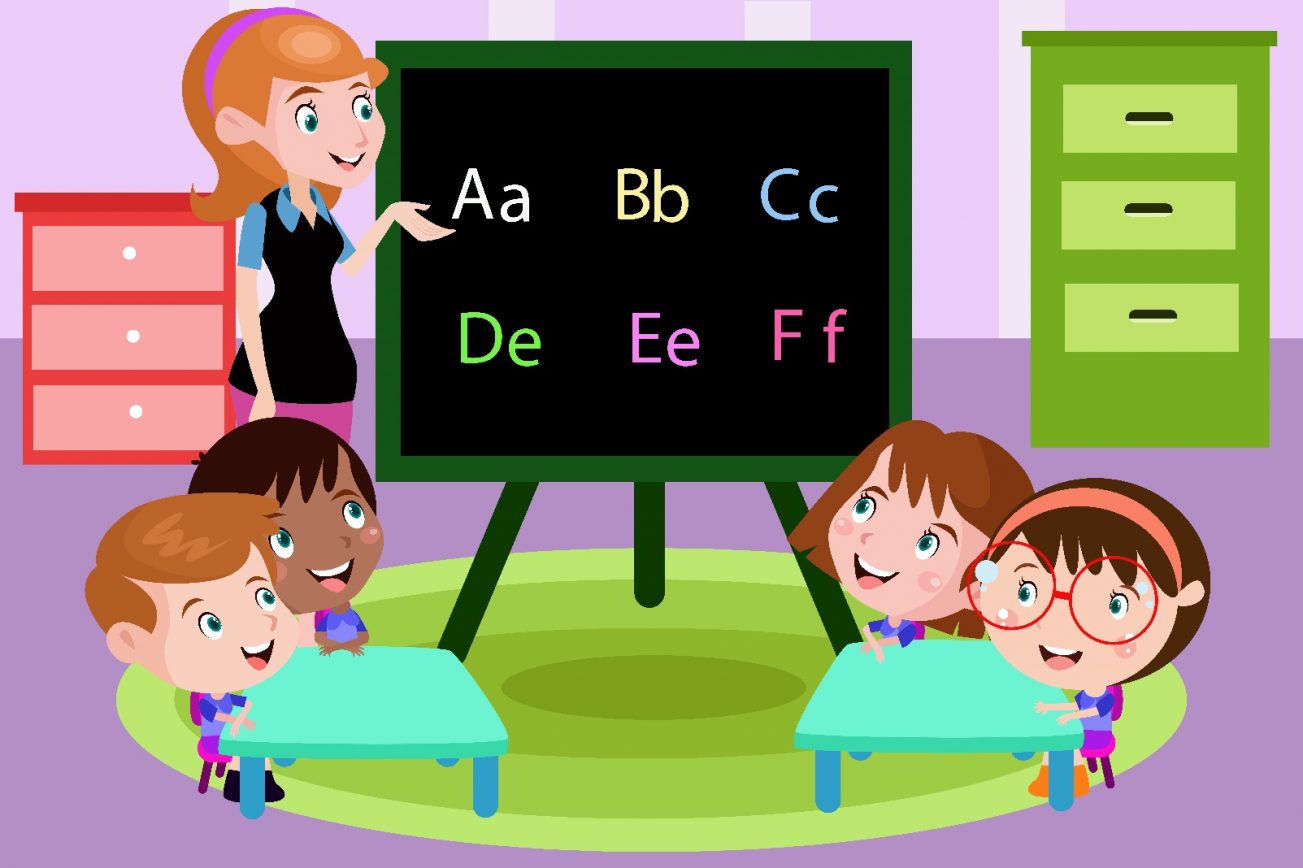Children are very quick when it comes to learning a new language and using that language. They become familiar with their mother tongue by the age of 5. After they start going to school, their journey of learning to communicate verbally begins. If you notice how they grasp things so swiftly, you will learn a great deal from them. Kids can actually teach us how to learn English or any other language naturally. All you need is to observe carefully without judging them. This article will discuss the things kids can teach us about learning English.
Language and its myth
As we know, language plays a vital role when it comes to communicating with others. English is a very popular language which is used globally. Skills like speaking fluently, listening attentively, reading and writing proficiently can give you an unfair advantage in higher education, at workplace or life in general. When you can convey what you want to say clearly, you can relate with other people easily. This will help you in presenting your opinions in front of others and people will be eager to hear you.
However, there is a myth revolving around learning a language. This includes, that only native English speakers can be awesome. Learning English as a second language (ESL) can be challenging for some People. So, they are sometimes led to believe that they can never become truly fluent in English. This is a popular myth but it’s not true. Anyone can master a language with constant observation and practice. Trainers at Edulyte.com understand this and they are ready to help you every step of the way.
Kids and learning English
We know kids acquire language through interaction – not only with their parents and other adults, but also with other kids. Like any language, English has four major aspects which include listening, speaking, reading and writing. For convenience, we can put them under two groups, one is Conversational English (Listening and Speaking) and the other is Formal English (Reading and Writing). All of the four skills are interrelated as they all focus on communication; however, it is believed if you can Listen to others and Speak well, then half the battle is won. When it is taken in the right order, we can master the language. If we closely observe kids, they tend to listen a lot. That brings us to the first part of learning a language. Edulyte has an active community where learners of all ages can interact with one another, practice listening and speaking wherever they are.
Listening
Kids are born with excellent sensory skills. They can feel, listen, smell, look and taste anything. Moreover, a child’s capacity to grasp anything is at its peak between the age of 1-6 years. They cannot remain idle or be confined to one place. They love to explore and language is meant to be explored. They can start listening clearly right from 3-4 months after birth. Indeed, they can listen to you when they are in the womb.
Kids listen to the words spoken by their parents, neighbours and relatives. These words are the first things to get stored in their brains. They gradually start making noises similar to these words. They start speaking their native language when they are around 3 years old. So, from 3 months to 3 years all they do is just practice listening. They start to talk few words before they go to school. That’s why no matter what’s your age or situation, start listening for words and phrases.
Listening is important because words and phrases get stored in your subconscious mind without any effort. In some countries, language learners are forced to write or read even before they start listening and then they are asked to memorise complex rules of grammar and difficult words, all these things make you lose interest even before you start introducing yourself in English! We tell our learners to listen to content in English on television talk shows, trusted news channels, movies and songs. Don’t worry if you don’t understand in the beginning, just watch and listen, get entertained like kids and then we will guild you as you start improving your skills.
Speaking
As you begin with listening exercises, you can start speaking out. Despite the fact that it is right or wrong, it is essential to speak. Making mistakes, in the beginning, is very common. Kids listen to new words without knowing their meaning but they do remember the context. They do make mistakes in the early stages of speaking. They correct themselves when someone tells them or they listen more to know what is right. When you start talking in English, the stigma about how challenging it is will just fade away. If you follow this advice, you will be amazed to see the results sooner than later.
Take time
Language is not something that can be mastered within weeks. It does take time to speak fluently. Children start exploring the language when they go to school. They watch rhymes, listen to stories and more. All of these improve their listening skills. As they move to higher classes they start reading and then writing. Eventually, kids become fluent in speaking. This is how kids learn a language. We suggest you to develop a routine to practice conversational English everyday for some time, join a high-quality conversation group in a supporting environment.
Conclusion
These are the insights gathered from kids learning a language. You can work on your listening skills and then understand grammar, vocabulary, pronunciation etc. This will give you a complete experience as you learn. This will give you new options to explore and master the language. You can start listening by watching movies/online series that are in English. Try listening to these without subtitles so that it is more effective. There are several other exercises for listening and responding. Start talking in English as much as you can, this way you can learn English effectively.
Similar Blogs
Learning lessons, study tips, career guides and much more!
Australian English Curriculum: Access its Important Highlights and Understand its Features
Australian Curriculum: English is vital in the education system. An understanding of it will guarantee success in the subject for teachers, students and parents alike….
Format of how to write a letter : Get valuable tips and samples for letter writing
Looking for the proper format of how to write a letter? Get tips on writing formal and informal letters….







